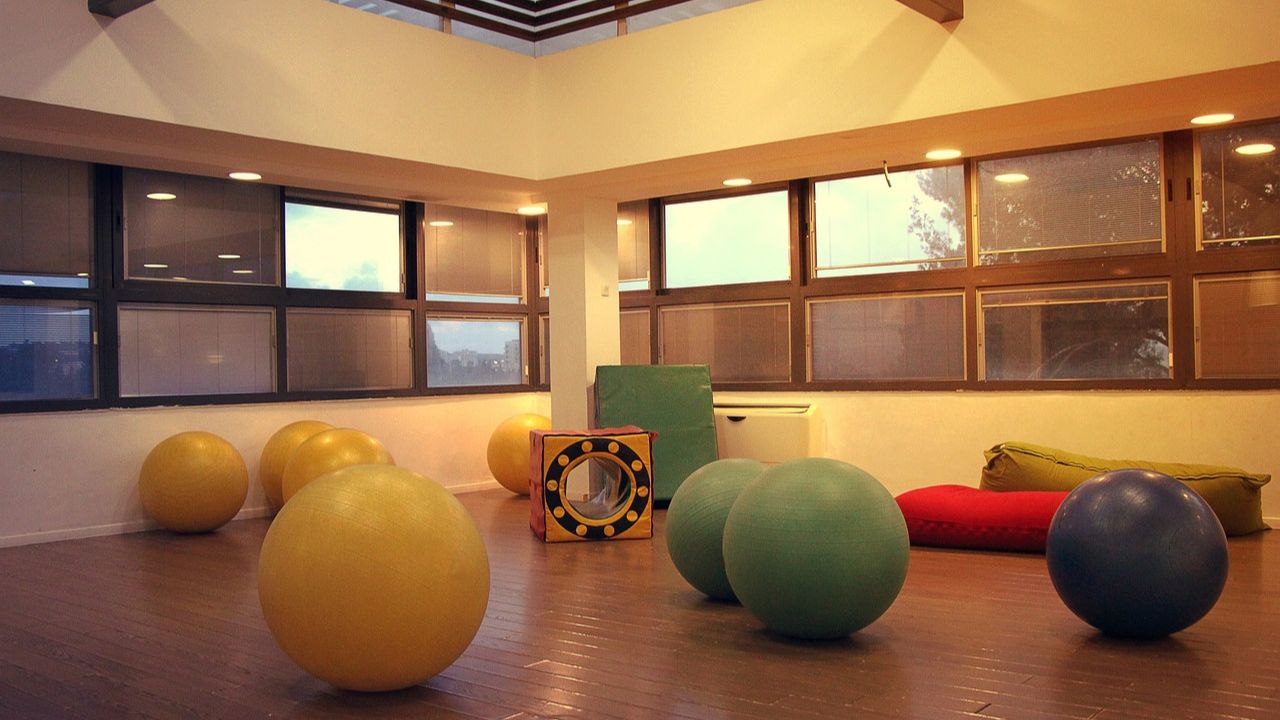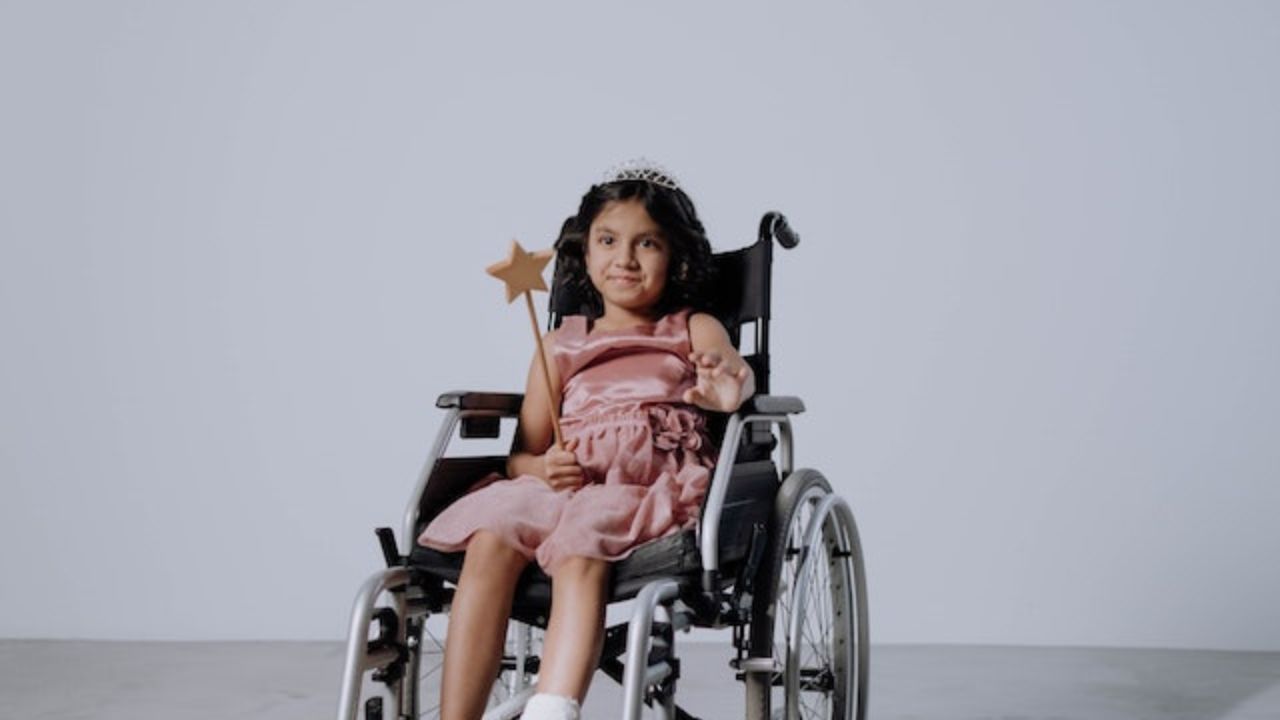
In the field of pediatric physical therapy, early intervention is widely recognized as a crucial component of a child's overall development. By identifying and addressing potential challenges at an early stage, professionals can significantly enhance motor skills, cognitive function, and independence.
Furthermore, early intervention plays a vital role in preventing secondary complications and fostering positive social and emotional development.
This article explores the top 10 reasons to champion early intervention in pediatric physical therapy, highlighting its profound impact on a child's quality of life and long-term outcomes.
Enhanced Motor Development
During the crucial early years of a child's development, early intervention in pediatric physical therapy plays a vital role in enhancing motor development. Motor milestones, such as crawling, walking, and running, are important indicators of a child's overall development and well-being. Through targeted interventions and therapeutic exercises, pediatric physical therapists can help children achieve these milestones and promote the development of their motor skills.
Motor skills development encompasses a range of abilities, including gross motor skills (such as balance, coordination, and strength) and fine motor skills (such as hand-eye coordination and dexterity). These skills are essential for a child's independence and their ability to participate in daily activities. Early intervention in pediatric physical therapy focuses on identifying any delays or difficulties in motor development and implementing interventions to address these issues.
Improved Cognitive Function
Throughout the early childhood years, early intervention in pediatric physical therapy has been shown to significantly enhance cognitive function in children. This means that children who receive early intervention in physical therapy not only experience improved motor development but also enjoy cognitive benefits.
Research has shown that engaging in physical activities that challenge the body's movements can have a positive impact on the brain's ability to process and retain information. By incorporating activities that promote enhanced learning, such as balance exercises or coordination drills, physical therapy can help stimulate the brain and improve cognitive function.

These cognitive benefits can lead to better academic performance, improved problem-solving skills, and increased attention and focus. Therefore, early intervention in pediatric physical therapy can play a crucial role in supporting overall cognitive development in children.
Increased Independence
Promoting early intervention in pediatric physical therapy facilitates the development of essential skills that enable children to achieve increased independence in their daily activities. By focusing on improving mobility and functional skills, early intervention helps children become more self-sufficient and capable of performing tasks on their own.
Here are three ways in which early intervention in pediatric physical therapy can lead to increased independence:
Enhanced mobility: Through targeted exercises and therapies, early intervention helps children improve their physical abilities, such as walking, running, and climbing. This improved mobility allows them to navigate their environment more easily and independently.
Development of functional skills: Early intervention focuses on developing functional skills, such as dressing, feeding, and grooming. By mastering these skills, children become more self-reliant and can perform everyday tasks without assistance.
Confidence and self-esteem: As children gain increased independence in their daily activities, they also develop confidence and self-esteem. This newfound confidence empowers them to tackle new challenges and explore their capabilities, ultimately leading to a greater sense of freedom and autonomy.
Prevention of Secondary Complications
The prevention of secondary complications is a crucial aspect of early intervention in pediatric physical therapy. It aims to mitigate the impact of existing conditions and reduce the risk of further complications arising. By addressing these complications early on, healthcare professionals can provide long-term support to children, ensuring their overall well-being and quality of life.

Prevention strategies may include implementing appropriate exercises and therapies to improve strength, flexibility, and mobility. Additionally, providing education and support to parents and caregivers is important. By doing so, the risk of secondary complications, such as muscle contractures, joint deformities, and chronic pain, can be minimized.
Furthermore, early intervention can help prevent the development of additional health issues that may arise due to untreated or poorly managed conditions. Overall, the prevention of secondary complications is an essential aspect of early intervention in pediatric physical therapy. It ensures optimal outcomes for children and their future.
Early Identification of Developmental Delays
During the critical early years of a child's development, it is imperative for healthcare professionals to prioritize the early identification of developmental delays in order to provide timely interventions and support. Identifying developmental delays at an early stage allows for the implementation of effective treatment methods and early intervention strategies, which can significantly improve a child's overall development and future outcomes.
Here are three reasons why early identification of developmental delays is crucial:
Timely interventions: Early identification allows for prompt intervention, ensuring that children receive the appropriate therapies and treatments when their brains are most receptive to change.
Improved outcomes: Early intervention strategies have been shown to enhance a child's overall development and maximize their potential, leading to better long-term outcomes in areas such as physical, cognitive, and social-emotional skills.
Prevent secondary issues: Identifying and addressing developmental delays early can help prevent secondary complications and challenges that may arise if delays are left untreated, such as difficulties in school, social interactions, and self-esteem.

Maximized Potential for Physical Abilities
By fostering early intervention in pediatric physical therapy, children have the opportunity to maximize their potential for physical abilities and achieve optimal physical development.
Early intervention programs aim to identify and treat physical challenges in children as early as possible, allowing for timely interventions that can address these issues effectively. This approach ensures that children reach their developmental milestones and have the opportunity to reach their full physical potential.
Through early intervention, therapists can provide targeted interventions and therapies to enhance a child's physical performance, enabling them to participate fully in activities and reach their maximum physical capabilities. By addressing physical challenges early on, children have a greater chance of overcoming limitations and achieving their goals, ultimately leading to improved overall physical abilities.
Early intervention in pediatric physical therapy plays a crucial role in maximizing a child's physical performance and potential.
Improved Quality of Life
Through early intervention in pediatric physical therapy, children experience significant improvements in their quality of life. This improvement is evident in various aspects that contribute to their overall well-being.
Improved socialization skills: Early intervention helps children with physical disabilities or delays develop the necessary skills to interact with their peers and build meaningful relationships. By addressing their physical limitations, therapy enables them to participate in social activities and engage in play, fostering a sense of belonging and inclusion.
Increased self-confidence: Physical therapy interventions empower children by enhancing their physical abilities and independence. As they overcome challenges and achieve milestones, their self-confidence grows, enabling them to take on new tasks and face life's obstacles with resilience.

Enhanced overall well-being: By addressing physical limitations and promoting functional abilities, early intervention in pediatric physical therapy improves a child's overall quality of life. They can participate in activities they enjoy, experience less pain or discomfort, and have a greater sense of fulfillment and happiness.
Through early intervention in pediatric physical therapy, children not only experience improvements in their physical abilities but also enjoy an enhanced quality of life with improved socialization skills, increased self-confidence, and overall well-being.
Better Social and Emotional Development
As a result of early intervention in pediatric physical therapy, children experience significant improvements in their social and emotional development. Early intervention programs focus on addressing social skills and emotional well-being, recognizing their importance in a child's overall growth and development.
By providing therapy at an early age, children are given the opportunity to learn and practice important social skills, such as communication, empathy, and cooperation. They also receive support in managing their emotions, which contributes to their emotional well-being.
These improvements in social and emotional development have long-lasting effects, as they lay the foundation for healthy relationships, self-confidence, and overall happiness in life. Early intervention in pediatric physical therapy not only addresses physical challenges but also plays a crucial role in shaping a child's social and emotional development, leading to a more fulfilling and enriched life.
Reduced Need for Long-term Support
Pediatric physical therapy intervention early in a child's life significantly decreases the necessity for long-term support. This early intervention can have a positive impact on reducing healthcare costs and improving academic performance. Here are three reasons why early intervention in pediatric physical therapy leads to a reduced need for long-term support:
Prevention of chronic conditions: By addressing physical challenges early on, pediatric physical therapy can help prevent the development of chronic conditions that may require long-term support and management. This proactive approach can save families and the healthcare system from the burden of extensive and costly treatments.

Improved functional abilities: Early intervention focuses on promoting optimal physical development and improving functional abilities. By addressing physical limitations and providing appropriate therapies, children can achieve their full potential and minimize the need for ongoing support in the long run.
Enhanced academic performance: Physical challenges can impact a child's ability to participate fully in school activities, affecting their academic performance. Early intervention in pediatric physical therapy can address these challenges, enabling children to actively engage in their education and reach their academic potential. This ultimately reduces the need for long-term academic support and accommodations.
Positive Impact on Family Dynamics
By promoting early intervention in pediatric physical therapy, families can experience a positive impact on their dynamics, fostering a sense of unity and support.
Family support plays a crucial role in the emotional well-being of both the child and the parents. When a child undergoes physical therapy at an early stage, it not only helps them to improve their physical abilities but also strengthens the bond within the family.
The therapy sessions provide an opportunity for the entire family to come together, learn and grow as a unit. Parents and siblings become actively involved in the child's therapy, creating a supportive environment that encourages progress and development.
This increased involvement and collaboration not only benefits the child's physical well-being but also enhances the emotional well-being of the entire family.
Frequently Asked Questions
How Does Early Intervention in Pediatric Physical Therapy Enhance Motor Development?
Early intervention in pediatric physical therapy enhances motor development by focusing on improving coordination and balance in young children. By targeting these areas early on, therapists can help children achieve their developmental milestones and reach their full potential.
What Are the Benefits of Improved Cognitive Function Through Early Intervention in Pediatric Physical Therapy?
Improved attention and cognitive function through early intervention in pediatric physical therapy can lead to better academic performance. These benefits highlight the importance of early intervention in promoting overall development and success in children.
How Does Early Intervention in Pediatric Physical Therapy Increase Independence in Children?
Early intervention in pediatric physical therapy increases independence in children by promoting increased self-confidence and improved quality of life. By addressing physical limitations early, children can develop the skills necessary to perform daily activities and participate in society more independently.
Can Early Intervention in Pediatric Physical Therapy Prevent Secondary Complications?
Early intervention in pediatric physical therapy can prevent secondary complications by addressing underlying issues at an early stage. By providing appropriate interventions, it can help in preventing disabilities and improving outcomes for children.
How Does Early Identification of Developmental Delays in Pediatric Physical Therapy Maximize Potential for Physical Abilities?
Early identification of developmental delays in pediatric physical therapy plays a crucial role in maximizing the potential for physical abilities. By identifying and addressing these delays early on, children have a greater chance of reaching their full physical potential.
 Mobility trainingHome Fitness RecoverySports Injury PreventionPersonal Physical TherapyOrthopedic SolutionsPrivacy PolicyTerms And Conditions
Mobility trainingHome Fitness RecoverySports Injury PreventionPersonal Physical TherapyOrthopedic SolutionsPrivacy PolicyTerms And Conditions
